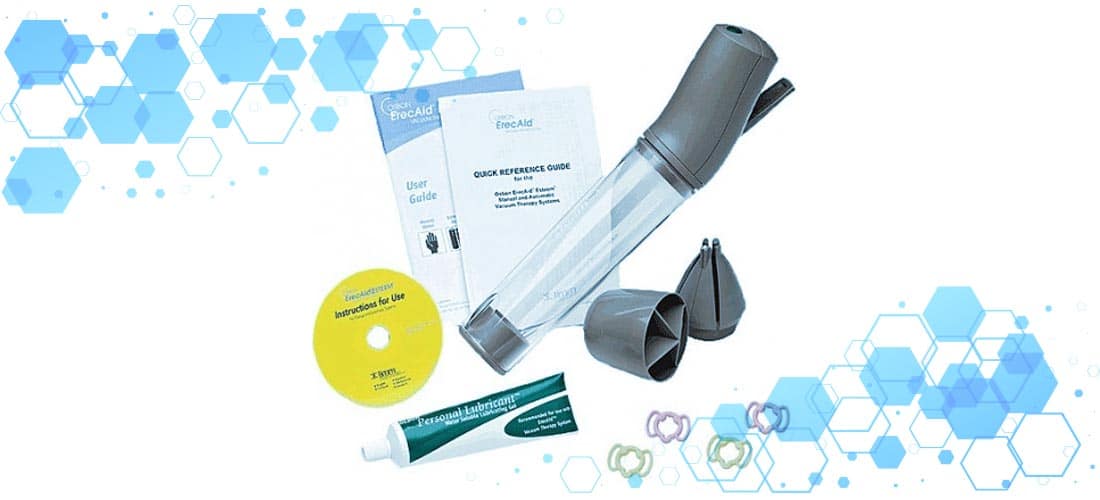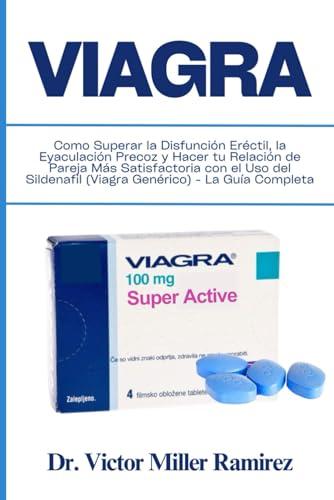Book Appointment Now
Diagnóstico De La Disfunción Eréctil: Una Guía Completa

[Diagnóstico De La Disfunción Eréctil: Una Guía Completa]

Executive Summary

This comprehensive guide offers a deep dive into the diagnosis of erectile dysfunction (ED), demystifying the process and empowering men to seek help. We’ll explore the various diagnostic tools and methods, including physical exams, medical history reviews, and psychological assessments. Understanding the causes of ED, from physical conditions like diabetes to psychological factors like stress and anxiety, is crucial for effective treatment. This guide will equip you with the knowledge to navigate the diagnosis process confidently and make informed decisions about your health. We’ll delve into specific subtopics, providing practical information to help you understand and manage ED effectively. Don’t let ED control your life; take control by learning more about the diagnostic path to better health and well-being.

Introduction
Erectile dysfunction (ED), the inability to achieve or maintain an erection firm enough for satisfactory sexual intercourse, affects millions of men worldwide. While often a source of embarrassment and anxiety, it’s a treatable condition. Understanding the diagnostic process is the first step towards reclaiming sexual health and confidence. This guide provides a detailed overview of how ED is diagnosed, exploring the various tests and evaluations involved, ultimately empowering you to take proactive steps towards improved sexual well-being. We will tackle common concerns and provide clear, concise information to help you navigate this sensitive issue with confidence and clarity.
Preguntas Frecuentes (FAQs)
¿Es la disfunción eréctil siempre un problema físico? No, la disfunción eréctil puede tener causas físicas, psicológicas o una combinación de ambas. Un diagnóstico completo considerará ambos aspectos. A veces, problemas aparentemente “físicos” pueden tener raíces psicológicas, y viceversa.
¿Qué tipo de pruebas puedo esperar durante un diagnóstico de ED? Las pruebas pueden variar dependiendo de su historial médico y los síntomas, pero pueden incluir un examen físico, análisis de sangre (para comprobar niveles de testosterona y otros factores), y posiblemente pruebas de flujo sanguíneo en el pene (como la ecografía Doppler). Su médico podría también hacerle preguntas sobre su estilo de vida y salud mental.
¿Es confidencial la información compartida durante el diagnóstico de ED? Absolutamente. La información que comparta con su médico durante el proceso de diagnóstico es totalmente confidencial y protegida por leyes de privacidad médica. Puede hablar abiertamente y honestamente con su médico sin preocuparse por la divulgación de información personal.
Causas Físicas de la Disfunción Eréctil
ED often stems from underlying physical conditions that impact blood flow, nerve function, or hormone levels. Addressing these issues is vital for effective treatment.
- Enfermedades Crónicas: Conditions like diabetes, heart disease, and high blood pressure significantly increase the risk of ED. Proper management of these conditions is crucial.
- Problemas Vasculares: Issues with blood flow to the penis are a common cause. Atherosclerosis (hardening of the arteries) can restrict blood flow, hindering erections.
- Trastornos Neurológicos: Nerve damage from conditions like multiple sclerosis or spinal cord injuries can affect nerve signals necessary for erections.
- Efectos Secundarios de Medicamentos: Certain medications, including some antidepressants and blood pressure medications, can contribute to ED as a side effect.
- Traumatismos o Cirugías Pélvicas: Injuries or surgeries affecting the pelvic area can damage nerves or blood vessels involved in erectile function.
- Bajo Nivel de Testosterona: Hypogonadism, a condition characterized by low testosterone levels, can directly impact libido and erectile function.
Causas Psicológicas de la Disfunción Eréctil
Psychological factors play a significant role in ED, often interacting with physical causes. Addressing these emotional and mental health aspects is essential.
- Estrés y Ansiedad: Chronic stress and anxiety can significantly impact sexual function, leading to performance anxiety and ED.
- Depresión: Depression is often linked to low libido and ED. Treatment for depression can improve sexual function.
- Problemas de Relación: Relationship issues and communication difficulties can contribute to ED. Couples therapy can be beneficial.
- Trauma Sexual: Past experiences of sexual trauma can lead to ED and require specialized therapeutic intervention.
- Baja Autoestima: Negative self-image and body image can create psychological barriers to sexual performance.
- Preocupación por el Rendimiento: The fear of not performing sexually can create a self-fulfilling prophecy, exacerbating ED.
Diagnóstico Médico de la Disfunción Eréctil
The diagnostic process involves a combination of methods to pinpoint the underlying cause(s) of ED. A thorough evaluation is key.
- Historia Clínica Completa: A detailed discussion of medical history, including current medications, past illnesses, and surgical procedures, is crucial.
- Examen Físico: A physical exam assesses general health, including cardiovascular health, neurological function, and hormonal status.
- Análisis de Sangre: Blood tests check hormone levels (testosterone), blood sugar (for diabetes), and cholesterol levels.
- Estudios de Flujo Sanguíneo: Tests like penile Doppler ultrasound evaluate blood flow to the penis.
- Evaluación Psicológica: A psychological evaluation may assess for anxiety, depression, or relationship issues contributing to ED.
- Pruebas de Nocturna: These tests measure erections during sleep to identify neurological or vascular problems.
Tratamientos para la Disfunción Eréctil
Treatment strategies depend on the identified cause(s) of ED. A holistic approach is often most effective.
- Cambios en el Estilo de Vida: Lifestyle modifications such as regular exercise, a healthy diet, stress management techniques, and smoking cessation can significantly improve ED.
- Terapia Farmacológica: Medications like phosphodiesterase-5 inhibitors (Viagra, Cialis, Levitra) improve blood flow to the penis. Other medications may address hormonal imbalances.
- Terapia de Reemplazo Hormonal: If low testosterone is a factor, testosterone replacement therapy may be considered.
- Dispositivos de Vacío: These devices help create an erection by increasing blood flow to the penis.
- Cirugía: In certain cases, surgery may be an option to correct vascular problems or implant penile prostheses.
- Terapia Sexual: Therapy addresses psychological aspects of ED, helping manage anxiety and improve sexual communication.
Conclusión
Navigating the diagnosis of erectile dysfunction can feel overwhelming, but with the right information and support, you can regain control of your sexual health. This guide provides a comprehensive overview of the diagnostic process, covering physical and psychological causes, diagnostic tests, and available treatment options. Remember, seeking professional help is a sign of strength, not weakness. Open communication with your doctor is essential to identify the underlying causes of your ED and develop a personalized treatment plan. Don’t let ED define you; take proactive steps to reclaim your sexual confidence and well-being. Take charge of your health today and start the conversation with your doctor. Early intervention is key to effective management and a better quality of life.
Keyword Tags
Disfunción eréctil, diagnóstico ED, causas ED, tratamiento ED, salud sexual masculina


